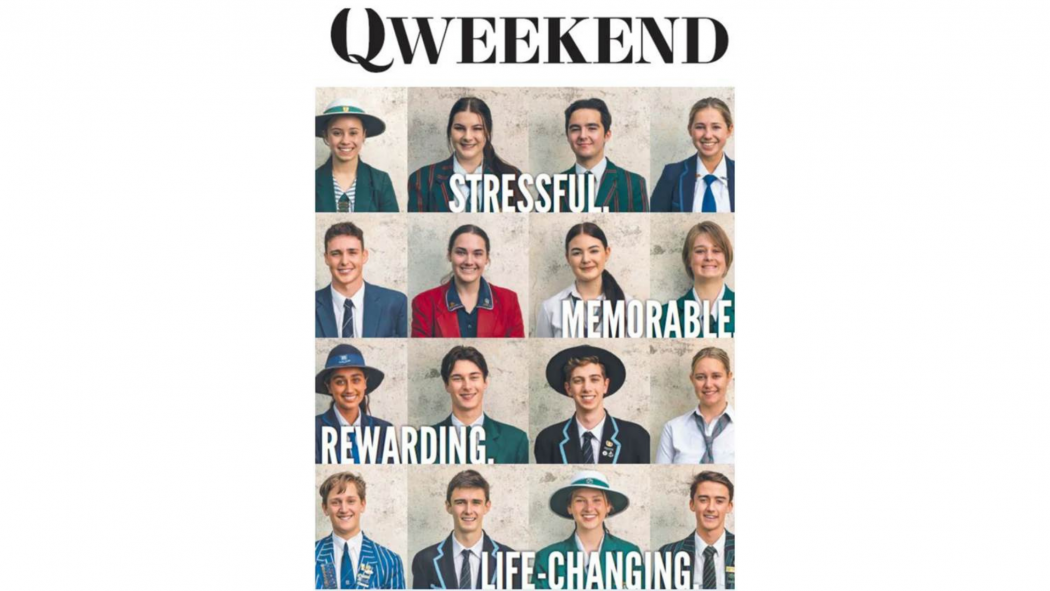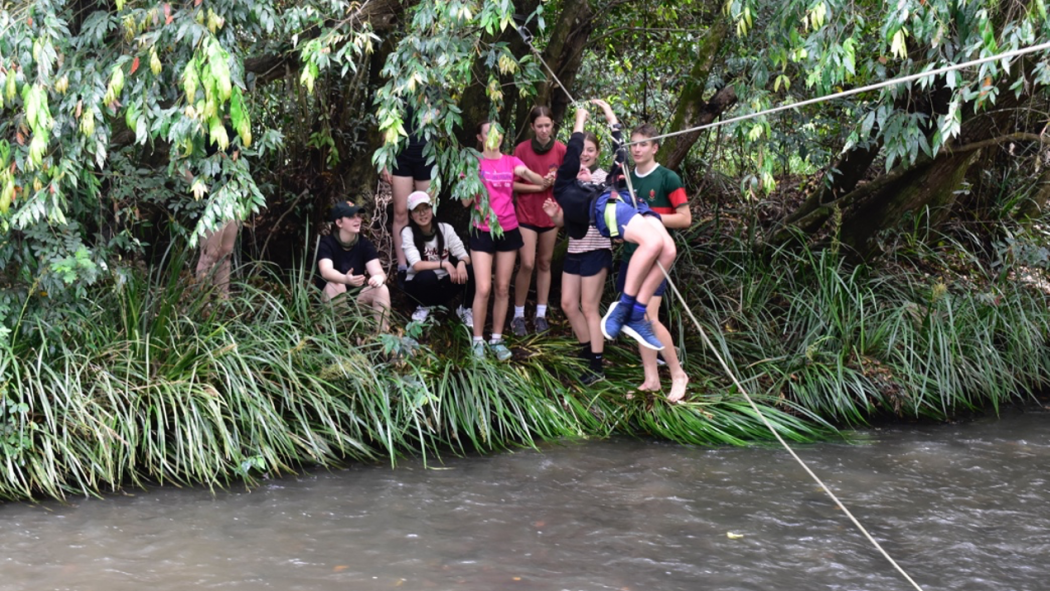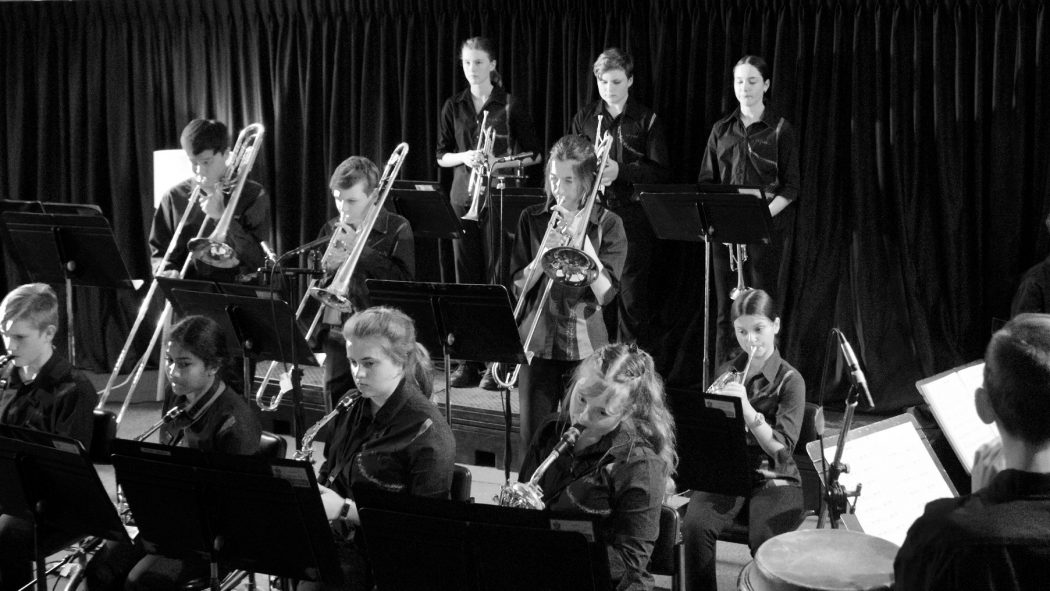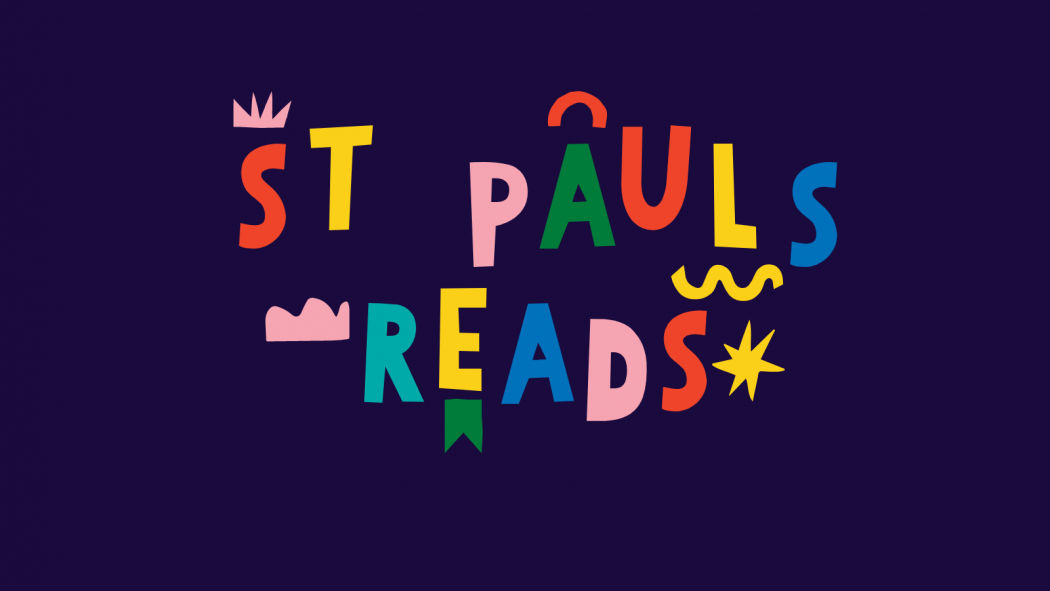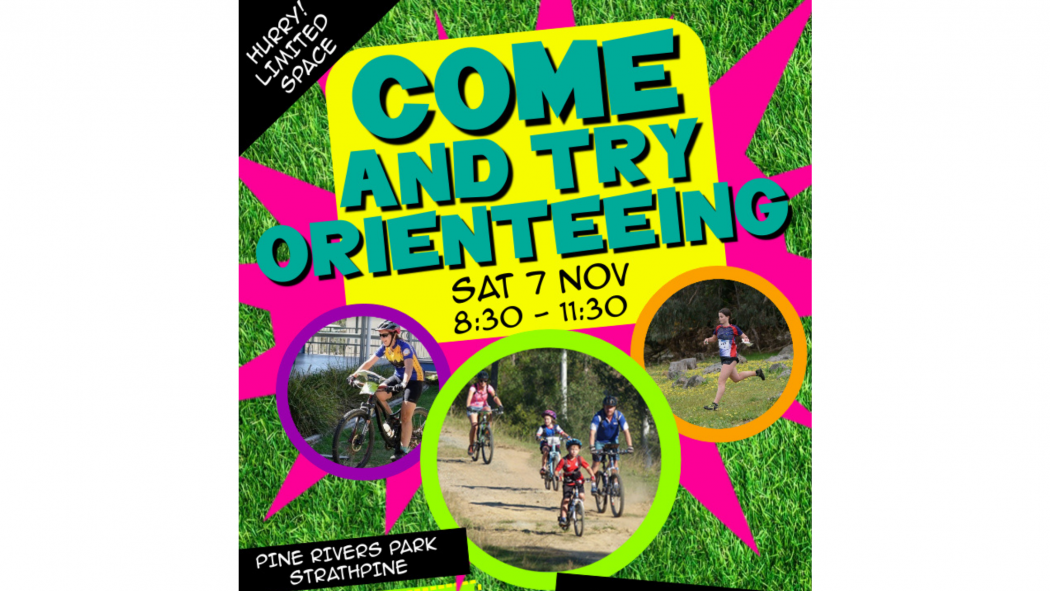I wonder why you chose to enrol your children at St Paul’s School? I am sure there were many reasons, but I’m not quite so sure that the fact that we are an Anglican (Christian) school was at the top of your list. In fact, as I talk to students in RaVE classes, I have come to the conclusion that our school community is fairly representative of wider Australian community, in terms of its religious beliefs and affiliations.
Mike Frost has suggested that – “Christendom is over, and we need to get over it”[1]. Since being declared as the state religion of the Roman empire in the early 4th century, Christianity has had an enormous influence in the shaping of Western civilization – including that of Australia. Indeed –
For most of Australia’s European history, Christianity was accepted as the ‘normal’ religion. Until recently, even if someone didn’t believe in God, it was taken for granted that the God they didn’t believe in was nevertheless the Biblical, Christian God. Even if they were not a Christian, their personal values of truth, goodness, and beauty, and their ethics – their sense of right and wrong – would have been heavily influenced, if not determined, by Christian values.[2]
Of course (and, I would say, sadly) that is no longer the case. The first cracks in Christendom began to appear as early as the 14th, 15th and 16th centuries, when European intellectuals – scientists, philosophers, theologians, artists and inventors – began to change the western world. The Renaissance (from 1350), followed by the Reformation (from 1517), and then the “Enlightenment” and the Industrial Revolution, brought Europe out of the “dark ages” and into what has variously been described as the Modern Age, or the Age of Reason and Science. During this time “the religious foundations of Europe shifted”[3]. Increasing numbers of people saw no need for God to explain the mysteries of the universe and so adopted a worldview that is still popular today – variously labelled as secular humanism, or scientific-naturalism or, simply, modernism[4].
However, over time, many ‘moderns’ became disenchanted with modernism as a worldview. Two World Wars, a global Great Depression and a Cold War, led eventually to a new (and more cynical) worldview – Postmodernism – which was a rejection of the rather optimistic view of Modernism, that science and progress would lead to a world of peace and prosperity for all. Postmodernism prefers subjectivism to objectivism, is suspicious of certainty (which it refers to as dogmatism) and rejects the concept of absolute truth. To the postmodernist, all truth-claims are considered to be relative and contextual, and “tolerance is now the highest moral good”.[5]
Added to the trend away from at least a nominal adherence to Christianity is the fact that Australia is increasingly becoming a religiously diverse nation…
with Hinduism, Sikhism, Islam, and Buddhism all increasingly common religious beliefs. Hinduism had the most significant growth between 2006 and 2016, driven by immigration from South Asia.
The growing percentage of Australia’s population reporting no religion has been a trend for decades, and is accelerating. Those reporting no religion increased noticeably from 19 per cent in 2006 to 30 per cent in 2016.
So, in an increasingly pluralistic society, what does it mean for St Paul’s to be a Christian school? Perhaps, the appropriate response is to become less “religious” Don’t worry – it’s not quite as it sounds! Less religious could, in fact, mean more Christian.
Os Guinness puts it this way – “Jesus didn’t institute a religion, he showed us ‘the Way’. We are called to become ‘followers of the Way’”.[6] Also – “We are not wanderers, but we are wayfarers. We have discovered that he is the Way, but we are still on the road. Our faith is a pilgrim faith, essentially at odds with place and settlement”.[7]
I am hoping that, over time, we who make up the St Paul’s community will increasingly come to see ourselves as “wayfarers”, as those who are journeying through life, seeking to find meaning and fulfillment as we do. I also hope that, increasingly, we will see one another as fellow-travellers, and look for opportunities to support one another along the Way.
[1] Frost M. “Exiles: Living Missionally in a Post-Christian Culture” (2006), p4
[2] Presbyterian Church of NSW https://www.eternitynews.com.au/opinion/whats-the-difference-between-christianity-and-christendom/
[3] Goheen MW and Batholomew CG “Living at the Crossroads” (2008), p83
[4] Ibid, p69
[5] Chan S. “Evangelism in a Skeptical World”. (2018), p112
[6] Guinness 0. (2003) “The Call”, p105
[7] Ibid, p108
Artwork Credit: Kathy Wright
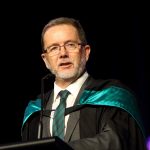 Mr Nigel Grant
Mr Nigel Grant
Executive Director of Faith & Community
 Dr Paul Browning
Dr Paul Browning


 Mr Nigel Grant
Mr Nigel Grant
